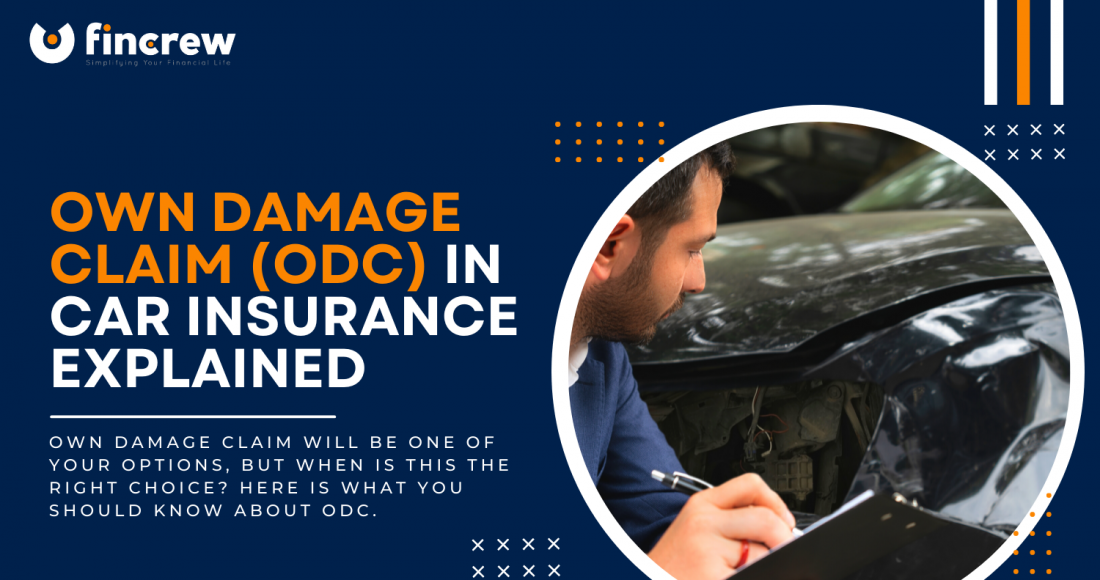Finding the best way to repair the damages is a part of the aftermath occurring after a car accident. Own damage claim will be one of your options, but when is this the right choice? Here is what you should know about ODC and how to use the maximum potential they offer.
What Is Own Damage Claim (ODC)?
As the term suggests, own damage is a term referring to any damages your car suffered in the accident. It gives you an option to fix the vehicle and get it on the road again at a fairly quick rate. The process is straightforward, and you’re working with your own insurance company, which makes things easier. But before we get into details of the claim itself, let’s understand when you activate your own damage claim. For starters, the critical thing to determine is that you are to blame for the accident. Please note that the other driver might start accusing you without valid reasons, so try to look at things realistically. You also don’t want to be subjective – if you are to blame, the odds are you have no chance of claiming against the third party.
What If The Accident Was Your Fault?
If you are to blame for the incident, you should consider your own damage claim. The next thing to determine, however, is whether you even have this option in your insurance policy. Most Malaysian insurance companies offer it only in comprehensive coverages. That means ODC isn’t a part of basic policies, which indicates you must add it to your deal. It will be an additional expense, but one that might come in handy if an accident happens. Once a car accident occurs, it’s important to act wisely. The initial task is to confirm there are no injured people who need help. After that, you can resort to assessing any material damages to your vehicle. Make sure to take photos to ensure you have proof of the situation. Next, contact your insurance company right away. They might tell you whether a police report is required (usually yes) and pinpoint other steps to take in the process.
What Are The Benefits and Downsides Of An Own Damage Claim?
The critical advantage is evident – you don’t have to pay for damages on your vehicle even if you are to blame for the incident. Additionally, the entire process is fairly straightforward. You’ll need to handle some paperwork, but the mechanics working with the insurance agency will fix the damage quickly. As for the downsides, please note that this will deactivate your No Claim Discount. It’s only logical because it’s a claim, which means any benefits coming with the no-claim options are gone. That’s why you should assess if it’s worth the hassle. If the damages are small, is it cheaper to fix them yourself and keep NCD? It’s worth noting that ODC comes with potential fees. For starters, you might need to pay excess and betterment charges. Additionally, you shouldn’t count on compensation for the time when you aren’t using the vehicle (CART). That would be only an option if you added CART as an extra option in your insurance deal.
Finally, the experts don’t advise making an own damage claim when it’s unclear who caused the accident. That’s where you should go for a no-fault damage option, and the insurance company will take it from there.





